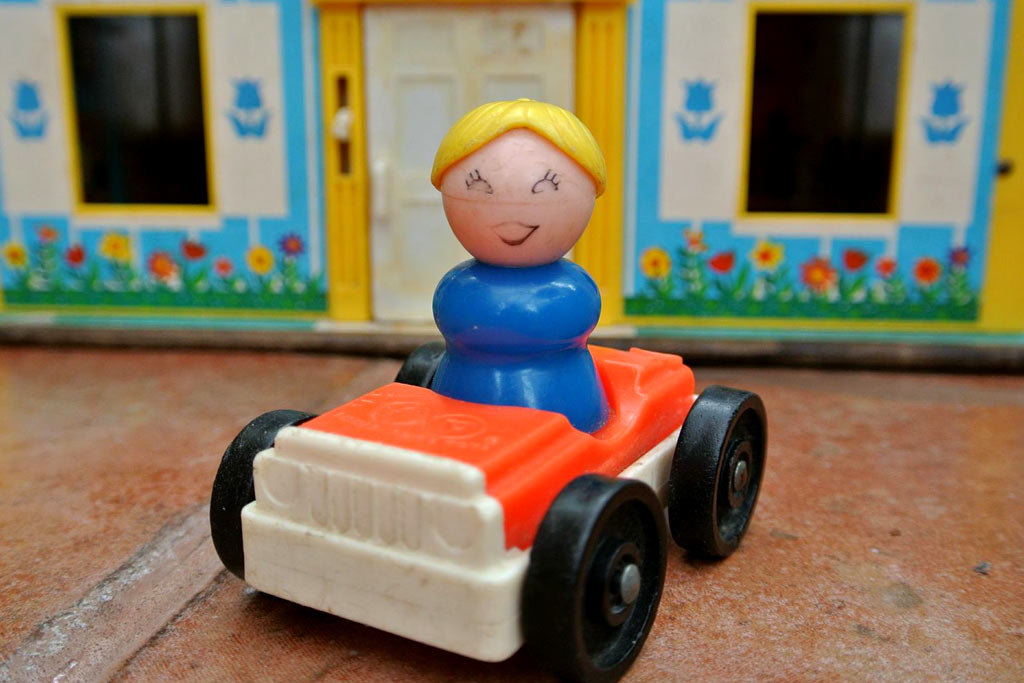How to make time to achieve your goals
How many occasions do you find yourself saying to someone (or yourself) ‘I haven’t had time’? Yet if you look at the people in history that you most admire, they have all achieved amazing things in the same 24 hours a day that you have. So how did they manage to do it?
Over the years, experienced coach and consultant Anna Davis has learned and developed many techniques for making the most of your time and achieving more of your goals – some of which she shares with us here.
Make time to achieve your business and career goals
My time management techniques tend to fall into three core areas that will greatly increase your effectiveness, feeling of control and personal satisfaction. In each core area I identify a number of methods to help you move forward and tackle your particular areas of concern.
1) Learn how to act on your priorities
Identify what you really want out of life – this may seem like an easy exercise, but it’s a really powerful way of eliminating the many things you think you should want to do, but in fact are just holding you back from achieving the one thing that will get you where you really want to be. Write down 10 things you want to achieve in the next year – big and small and give each of them a target date. Circle the one that will have the biggest impact on your life, and make a list of all the actions you need to undertake to achieve it. Choose one thing you can do this week, and do one action each week to move you forwards.
Remove unhelpful activities – Imagine if you could magically create an extra hour every day. What would you do with it? Or, if you suddenly lost an hour a day, what would you stop doing? Now, replace one action with the other. You’ll be surprised at how easily you can find that magic extra hour!
Look after yourself – When we are mentally and physically strong we can cope with almost anything. So make time in your week to exercise and relax, and stick to it. It may seem like wasted time when you’re really busy, but that precious time can actually help you achieve more in the rest of your week.
2) Learn how to organise yourself
Organise your paperwork – If you don’t stay on top of your paperwork it can soon build up, and make you feel like you’re drowning in an avalanche of missed deadlines and urgent correspondence. So start organising your paperwork by buying a 31 day expanding pocket file – with one slot for each of the next 31 days. Put all the letters, invites, tickets, birthday cards etc into the day you need to act on them. Then all you have to do is remember to check it each day!
De-clutter an area every day – Faced with the daunting prospect of de-cluttering an entire room is bound to send you running. So make the task easier for yourself, and break it down into smaller, more manageable areas and resolve to spend 15 minutes every day tackling one. It may be just a single shelf or drawer. When you de-clutter, put each item into one of four buckets – keep, throw out, give away or sell. Once you see a small amount of progress you will be more motivated to keep going.
Establish time-saving systems – Start designing systems and routines that can help you to save time by being more organised. For example, when your children get home from swimming, rinse and dry their things then re-pack into their swimming bags for next week. And creating rolling two week dinner menus can help save time working out what to cook (and rushing to the shops) every day. Get your kids into regular morning and evening routines too, so they can get themselves ready rather than having to be nagged.
3) Learn how to get it all done
Delegate tasks others can help with – Make life easier for yourself and delegate or outsource tasks where you can, and make sure your children all have their own responsibilities. Together you can get much more done.
Plan ahead – We all know the expression ‘Failing to plan is planning to fail’ – and it’s true. Lots of things on our to-do list are often not actions at all, but projects that need two or more steps. Starting writing out the steps you need to take, so you know where to start and can see what’s stopping you. Make sure your first step is a clear, physical step that you know how to achieve.
Plan to be punctual – One of the biggest barriers to achieving things is not leaving ourselves enough time to do them properly. So start calculating the SWEET spot (Stop Working on Everything Else Time) by working backwards from the time tasks need to be completed. Include plenty of buffer time for unscheduled delays, for example at least 10 minutes when leaving the house for the inevitable dirty nappy, sudden toilet trip or lost shoe.
Stop procrastinating – Pick an issue that needs to be thought through, but that you’ve been putting off. Then start a timer for five minutes and start brainstorming it non-stop until the timer goes off. Make a list of any thoughts that come into your head, without judging them, then read through and circle any significant insights or actions. What can you do first?
Need more help to achieve your goals?
You’ll find lots more great advice in these articles:
- How to set SMART goals and achieve them.
- Five excuses that stop you working on a BIG goal (and how to do it).
- The three simple secrets to achieving your goal.
- How to make your impossible possible.
- How to overcome procrastination and perfectionism.
- How to make time to work from home.
If you’d like to learn more proven time management techniques, and get experienced support to implement them, Anna Davis has designed face to face and online Time to Achieve courses for individuals, groups and companies.
Photo credit: Bisley drawers










